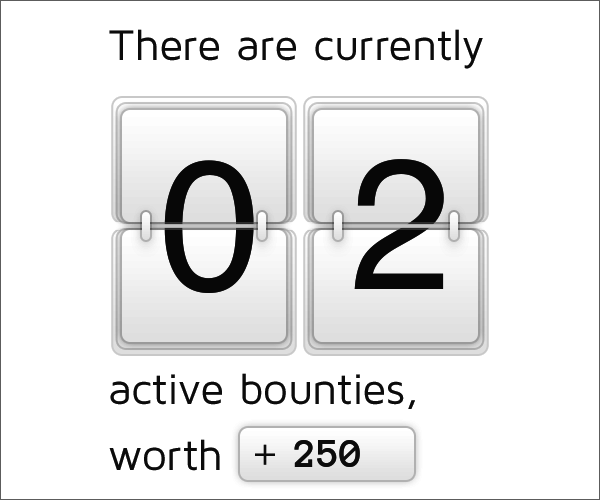The goal of this code-golf is to create a program that takes a string as input, and you have to output the SHA-1 hash value as a hexadecimal number. You can find the pseudocode for SHA-1 here
Other rules:
- No network access
- You're not allowed to run external programs
- You're not allowed to use built-in methods to hash the input
- The shortest code wins
- It's only necessary to handle ASCII input
- Output can be either lowercase or uppercase
The input can be provided using:
- Prompting for input
- Using command-line arguments
- Using STDIN
Test cases:
Input: The quick brown fox jumps over the lazy dog
Output: 2fd4e1c67a2d28fced849ee1bb76e7391b93eb12
----------------------------------------------------------
Input: The quick brown fox jumps right over the lazy dog
Output: 1c3aff41d97ada6a25ae62f9522e4abd358d741f
------------------------------------------------------------
Input: This is a code golf challenge
Output: f52ff9edd95d98e707bd16a7dead459cb8db8693
